Aracely Rosales, California State University, Los Angeles
The number of persons diagnosed with Autism Spectrum Disorder (ASD) has been steadily rising (Kurz, 2018; Leaf et al., 2016; Roane, Fisher, & Carr; 2016; Sanchack & Thomas, 2016). As this number increases, so does the need for quality services which can best support persons with ASD. Research has consistently proven the benefits of utilizing Applied Behavioral Analysis (ABA) techniques with persons with ASD. Counselor knowledge of ABA practices could better prepare professionals for the much-needed demand of persons with ASD.
It is the consistent and data-driven evidence that supports the benefits of utilizing ABA with persons with ASD. For many families the initial referral made for their child with ASD are ABA services (Roane et al., 2016). Medical professionals have been relying on ABA services to help people with ASD. Sloman, Fiske, and LaRue (2018) stated that ABA has been “endorsed by multiple federal agencies including the US Surgeon General in the treatment of ASD” (p. 173). Not only has ABA shown to be a reliable form of treatment for persons with ASD, but it has also proven to be effective throughout their lives. Several sources concluded that ABA improved the quality of life of persons with ASD socially and individually from elementary school settings to places of employment (Leaf et al., 2016; Sanchack & Thomas, 2016; Sloman et al., 2018). With ABA continually benefiting persons with Autism throughout their lifespan, the importance of having such practices becomes apparent.
In order to develop such a career, counselors need support. “Specializing in therapies such as ABA can also help counselors to gain specific access within the Autism population and appear more marketable through competitive job opportunities” (Kurz, 2010, p. 458). Although there are several programs that allow counselors to specialize in ABA, quality usually lacks in these programs. Many of the most promising programs were mainly found at university settings (Leaf et al., 2016). The accessibility of ABA trainings, certificates, or programs at universities could assist counselors in delivering quality services to persons with ASD.
With an increase of persons being diagnosed with ASD, there comes a need for highly qualified personnel skilled in ABA. Creating opportunities in which counselors can become experienced and competent in ABA, would allow more persons with ASD to receive services crucial to their development. As Kurz (2018) stated, “counselors are necessary in helping families manage behavioral problems and daily challenges for parents and their children” (p. 458). Opportunities to specialize in ABA would not only strengthen a counselor’s vocation, but it will help in delivering services essential to persons with ASD.
References
Kurz, I. G. (2018). Families with children diagnosed with autism: Implications for counselors. The Family Journal, 26(4), 455-461.
Leaf, J. B., Leaf, R., McEachin, J., Taubman, M., Ala’i-Rosales, S., Ross, R. K., … & Weiss, M. J. (2016). Applied behavior analysis is a science and, therefore, progressive. Journal of Autism and Developmental Disorders, 46(2), 720-731.
Roane, H. S., Fisher, W. W., & Carr, J. E. (2016). Applied behavior analysis as treatment for autism spectrum disorder. Journal of Pediatrics, 175, 27-32.
Sanchack, K. E., & Thomas, C. A. (2016). Autism spectrum disorder: Primary care principles. American Family Physician, 94(12), 972-979.
Sloman, K. N., Fiske, K. E., & LaRue, R. H. (2018). Autism spectrum disorder In S. G. Forman & J. D. Shahidullah (Ed.), Handbook of pediatric behavioral healthcare: An interdisciplinary collaborative approach (pp. 185-197). New Brunswick, NJ: Springer.
